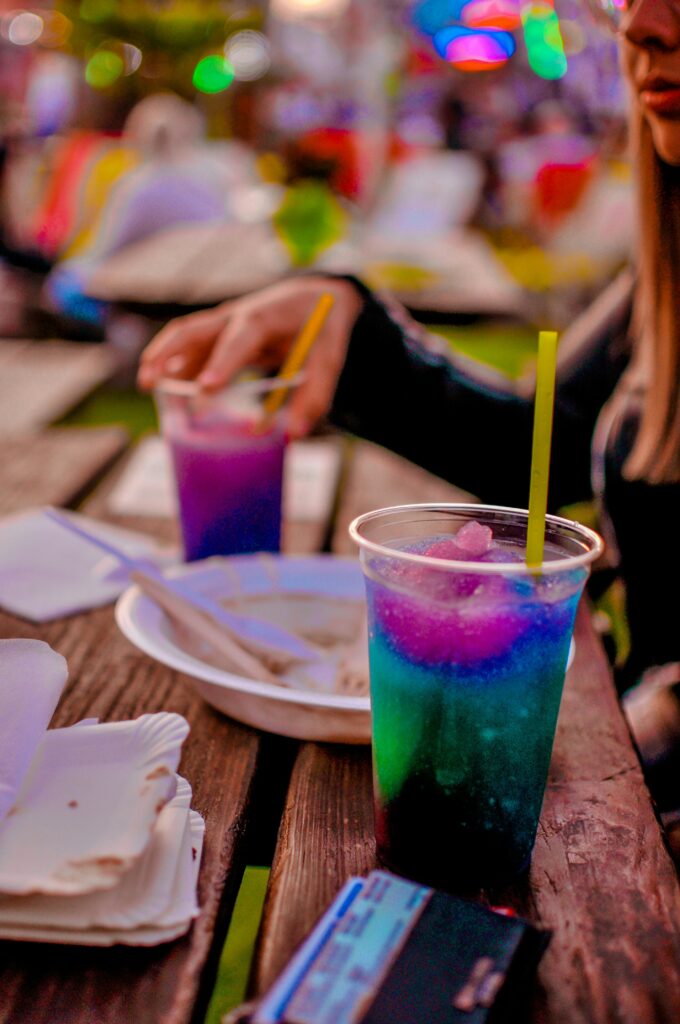Medical experts are urging parents to limit slushie consumption for children under the age of eight, following a recent study that links the drinks to serious health risks. The study, published in Archives of Disease in Childhood, found that slushies containing glycerol—a common ingredient used to keep the drinks from freezing—can lead to low blood sugar, loss of consciousness, and other dangerous health symptoms in young children.
Glycerol in Slushies Poses Health Risks to Kids
The research, conducted by a team of doctors at University College Dublin, examined 21 hospital cases of children who became seriously ill after consuming slushies. The findings revealed a pattern of symptoms that emerged rapidly after consumption, including drowsiness, low blood sugar, lactic acidosis (an excess of lactic acid in the body), and hypokalemia (low potassium levels).
Glycerol, a natural alcohol and sugar substitute, is commonly used in slushies to prevent them from freezing solid. While the ingredient is safe in small quantities for adults, the study shows that it can have severe effects on children, especially those under the age of eight. Currently, public health guidelines in the UK advise against giving glycerol-containing slushies to children under four years old, but the latest research suggests that this age limit may need to be raised.
Study Reveals Alarming Pattern in Children’s Health
Between 2018 and 2024, most of the cases analyzed in the study involved children aged two to seven. Every child was diagnosed with hypoglycemia, a condition caused by low blood sugar. All the children recovered quickly after treatment, but the study highlights the risk of slushies as a potential cause of serious health issues.
Out of the 15 cases where the timing of symptom onset was recorded, 14 children fell ill within an hour of drinking a slushie. Fortunately, all 21 children were discharged from the hospital after receiving treatment and were advised to avoid slushies in the future.
Interestingly, one child who had followed the advice and avoided slushies for a period later drank another slushie at age seven. Within an hour, the child experienced the same symptoms and had to be treated again. This recurring issue raised concerns about the potential for future cases of glycerol intoxication.
Experts Call for Stronger Regulations on Slushie Consumption
The research team, led by Prof. Ellen Crushell, has called for more transparent labeling and stricter regulations around glycerol-containing slushies. They noted that the exact amount of glycerol in each drink can vary, making it difficult to determine a safe dosage for children. Factors such as how quickly a child drinks the slushie, whether they’ve eaten, and their recent level of physical activity can all influence how their body reacts to glycerol.
Currently, the Food Standards Agency (FSA) advises against giving glycerol-containing slushies to children under the age of four and limits consumption to one slushie per day for children aged five to ten. However, researchers argue that these age-based guidelines may not be sufficient. They propose shifting to weight-based guidelines to better protect children of all ages from the health risks associated with slushies.
Additionally, some experts believe that raising the age limit to eight for slushie consumption could help prevent overdoses and related health problems. As the research shows, even children who are older than the current guidelines recommend can still experience severe symptoms from glycerol in slushies.
A Growing Concern for Child Safety
Experts also emphasize that slushies provide no nutritional value and should not be considered part of a healthy, balanced diet for children. Despite their popularity, slushies can pose unnecessary health risks to young children and should be treated with caution by both parents and public health officials.
Given the study’s findings, it is clear that public health policies must be updated to prioritize child safety when it comes to consuming slushies and other beverages containing glycerol. Researchers urge health authorities to adopt new guidelines and raise awareness about the potential dangers posed by these popular drinks.
